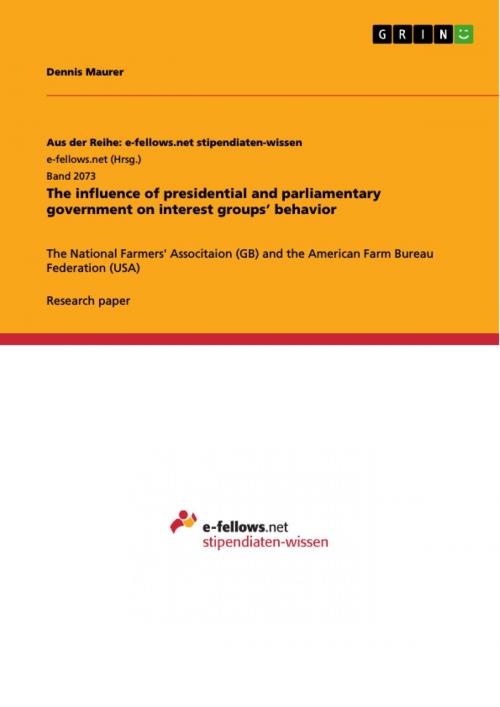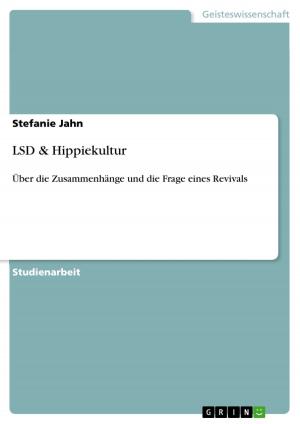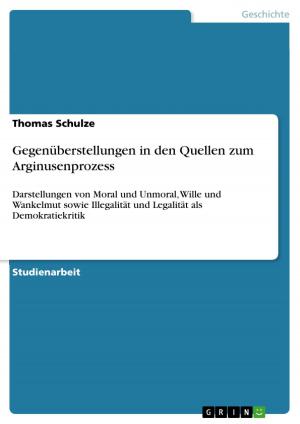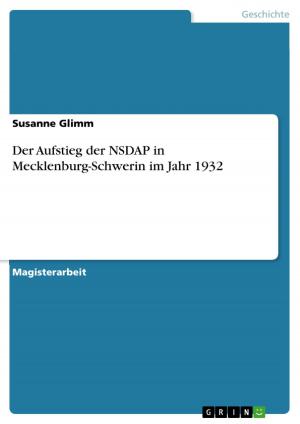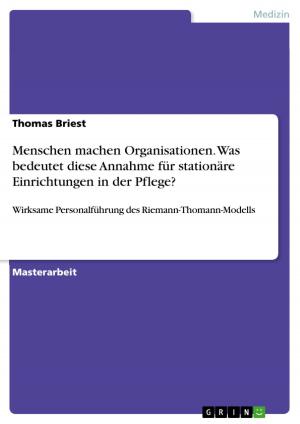The influence of presidential and parliamentary government on interest groups' behavior
The National Farmers' Associtaion (GB) and the American Farm Bureau Federation (USA)
Nonfiction, Social & Cultural Studies, Political Science, International, International Relations| Author: | Dennis Maurer | ISBN: | 9783668274587 |
| Publisher: | GRIN Verlag | Publication: | August 16, 2016 |
| Imprint: | GRIN Verlag | Language: | English |
| Author: | Dennis Maurer |
| ISBN: | 9783668274587 |
| Publisher: | GRIN Verlag |
| Publication: | August 16, 2016 |
| Imprint: | GRIN Verlag |
| Language: | English |
Research Paper (undergraduate) from the year 2016 in the subject Politics - International Politics - General and Theories, grade: 1,3, EBC University Düsseldorf, language: English, abstract: Thanks to information, aggregation and interdependent politics, interest groups understand that in order to make themselves useful in manifold arrangements, with respect to politicians, parties and governments, they must provide information, expertise, donations, and develop political compromises with their members, to guarantee votes. Two excellent examples are the National Farmers' Union (NFU) in Great Britain and the American Farm Bureau Federation (FB) in the United States. Both of these organizations participate in the political environment, with a focus on rural business and living conditions. Both associations represent their clients and influence politics in different contexts, which leads to the purpose of this essay. The overall aim is to build up a fundamental understanding of how different government systems are conceptualized, how interest groups operate at their access points abstractly from the inside, and to diagnose what actions the two interest groups already have in place which helps lead to their success. One should not just compare political institutions, but also assess the various roles and strategies of associations within presidential and parliamentary systems. In this course, different types of action, namely grassroots lobbying, buttonholing and general information exchange, are presented. Accordingly, this paper begins by explaining the differences in necessary terms, followed by a differentiation method to distinguish parliamentary from presidential systems in a theoretical context. Then, Great Britain and the United States of America are analyzed with consideration to their specific interest groups in regards to their different stages of political participation. This represents the focus of this study paper. After that, two interest representation associations, namely NFU and FB are described with a special focus on their organization, competition, strategy and program. It is finished by a résumé. As there is ongoing scientific research in regards to this topic, governments tend to develop anomalies over time in regards to their original governmental structure; this paper cannot guarantee topicality and completeness, however it will accurately analyze and connect specific practices with theory based on the predetermined limited scale of the essay.
Research Paper (undergraduate) from the year 2016 in the subject Politics - International Politics - General and Theories, grade: 1,3, EBC University Düsseldorf, language: English, abstract: Thanks to information, aggregation and interdependent politics, interest groups understand that in order to make themselves useful in manifold arrangements, with respect to politicians, parties and governments, they must provide information, expertise, donations, and develop political compromises with their members, to guarantee votes. Two excellent examples are the National Farmers' Union (NFU) in Great Britain and the American Farm Bureau Federation (FB) in the United States. Both of these organizations participate in the political environment, with a focus on rural business and living conditions. Both associations represent their clients and influence politics in different contexts, which leads to the purpose of this essay. The overall aim is to build up a fundamental understanding of how different government systems are conceptualized, how interest groups operate at their access points abstractly from the inside, and to diagnose what actions the two interest groups already have in place which helps lead to their success. One should not just compare political institutions, but also assess the various roles and strategies of associations within presidential and parliamentary systems. In this course, different types of action, namely grassroots lobbying, buttonholing and general information exchange, are presented. Accordingly, this paper begins by explaining the differences in necessary terms, followed by a differentiation method to distinguish parliamentary from presidential systems in a theoretical context. Then, Great Britain and the United States of America are analyzed with consideration to their specific interest groups in regards to their different stages of political participation. This represents the focus of this study paper. After that, two interest representation associations, namely NFU and FB are described with a special focus on their organization, competition, strategy and program. It is finished by a résumé. As there is ongoing scientific research in regards to this topic, governments tend to develop anomalies over time in regards to their original governmental structure; this paper cannot guarantee topicality and completeness, however it will accurately analyze and connect specific practices with theory based on the predetermined limited scale of the essay.
